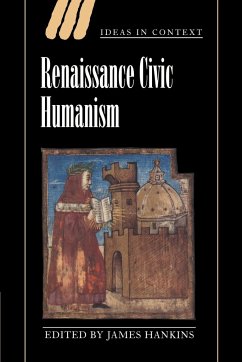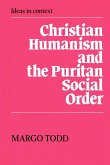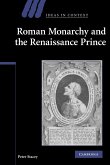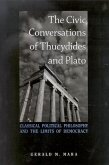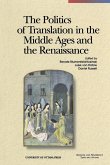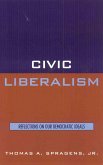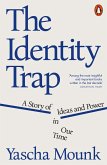The evolution of republican concepts compared to medieval and early modern traditions of political thought.
Civic humanism has been one of the most influential of all concepts in the history of ideas. In this volume, an eminent team of political theorists and historians of ideas have been brought together to reassess the impact on the subject of the pioneering work of Hans Baron (1966) and J. G. A. Pocock (1975), creating a fresh intellectual landscape in which Renaissance civic humanism can be discussed. Drawing on a wide range of political and historical texts, this book evaluates civic humanism in the light of the emergence of oligarchy, imperialism, patronage politics and the Medici ascendency in Florence in the 14th to 16th centuries. It proposes new understandings of the evolution of important republican concepts such as liberty, the rule of law, virtue, and the common good. This thought-provoking collection represents a significant contribution to the study of republican political ideology in the Renaissance and modern periods.
Table of content:
Introduction James Hankins; 1. The republican idea William J. Connell; 2. 'Civic humanism' and medieval political thought James M. Blythe; 3. Civic humanism and Florentine politics John M. Najemy; 4. Two myths of civic humanism Mikael Hornqvist; 5. Rhetoric, history and ideology: the civic panegyrics of Leonardo Bruni James Hankins; 6. De-masking Renaissance republicanism Alison Brown; 7. Civic humanism, realist constitutionalism, and Francesco Guicciardini's 'Discorso di Logrogno' Athanasios Moulakis; 8. Bruni and Machiavelli on civic humanism Harvey C. Mansfield; 9. Rhetoric, reason and republic: republicanisms - ancient, medieval and modern Cary J. Nederman; 10. Situating Machiavelli Paul A. Rahe.
Hinweis: Dieser Artikel kann nur an eine deutsche Lieferadresse ausgeliefert werden.
Civic humanism has been one of the most influential of all concepts in the history of ideas. In this volume, an eminent team of political theorists and historians of ideas have been brought together to reassess the impact on the subject of the pioneering work of Hans Baron (1966) and J. G. A. Pocock (1975), creating a fresh intellectual landscape in which Renaissance civic humanism can be discussed. Drawing on a wide range of political and historical texts, this book evaluates civic humanism in the light of the emergence of oligarchy, imperialism, patronage politics and the Medici ascendency in Florence in the 14th to 16th centuries. It proposes new understandings of the evolution of important republican concepts such as liberty, the rule of law, virtue, and the common good. This thought-provoking collection represents a significant contribution to the study of republican political ideology in the Renaissance and modern periods.
Table of content:
Introduction James Hankins; 1. The republican idea William J. Connell; 2. 'Civic humanism' and medieval political thought James M. Blythe; 3. Civic humanism and Florentine politics John M. Najemy; 4. Two myths of civic humanism Mikael Hornqvist; 5. Rhetoric, history and ideology: the civic panegyrics of Leonardo Bruni James Hankins; 6. De-masking Renaissance republicanism Alison Brown; 7. Civic humanism, realist constitutionalism, and Francesco Guicciardini's 'Discorso di Logrogno' Athanasios Moulakis; 8. Bruni and Machiavelli on civic humanism Harvey C. Mansfield; 9. Rhetoric, reason and republic: republicanisms - ancient, medieval and modern Cary J. Nederman; 10. Situating Machiavelli Paul A. Rahe.
Hinweis: Dieser Artikel kann nur an eine deutsche Lieferadresse ausgeliefert werden.

